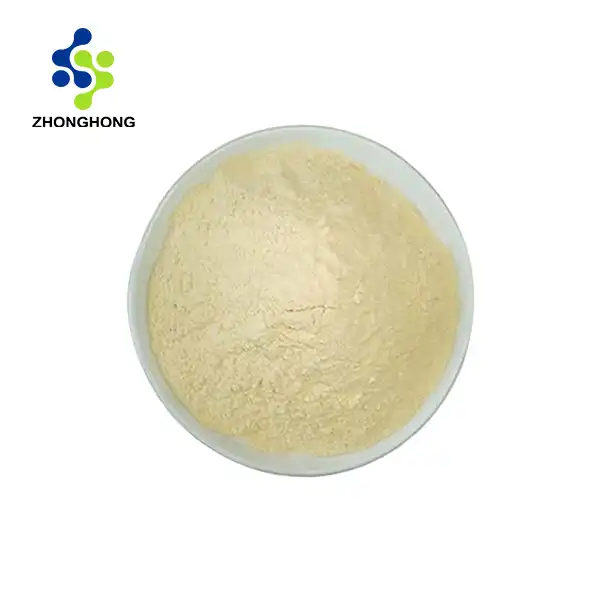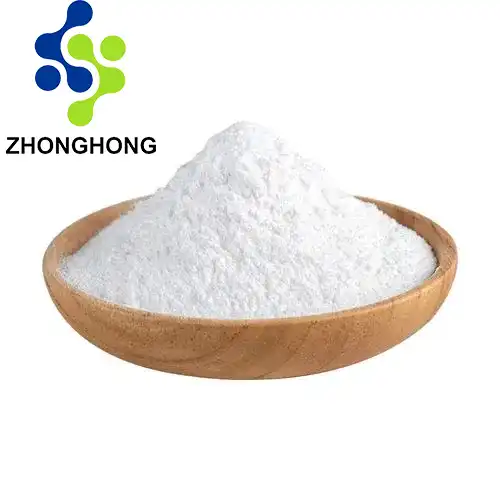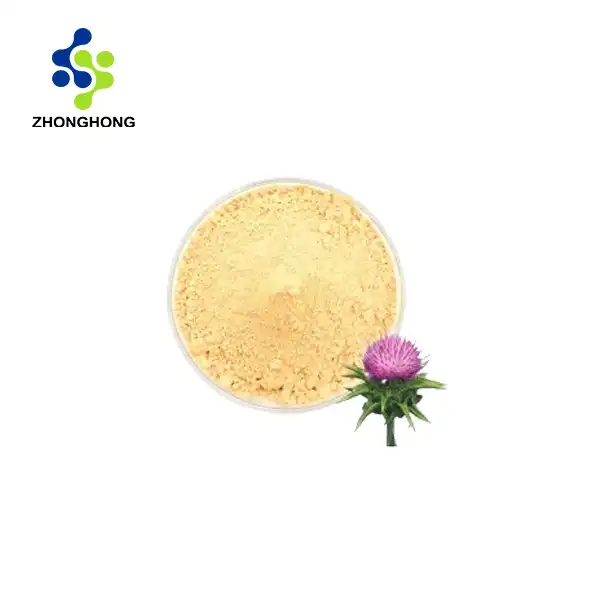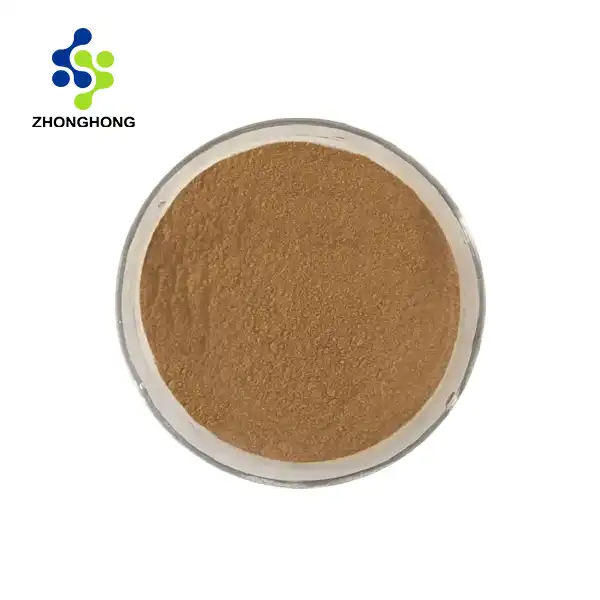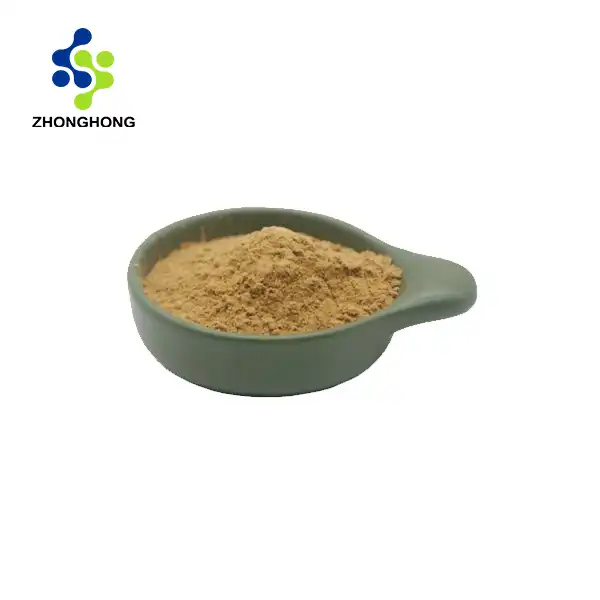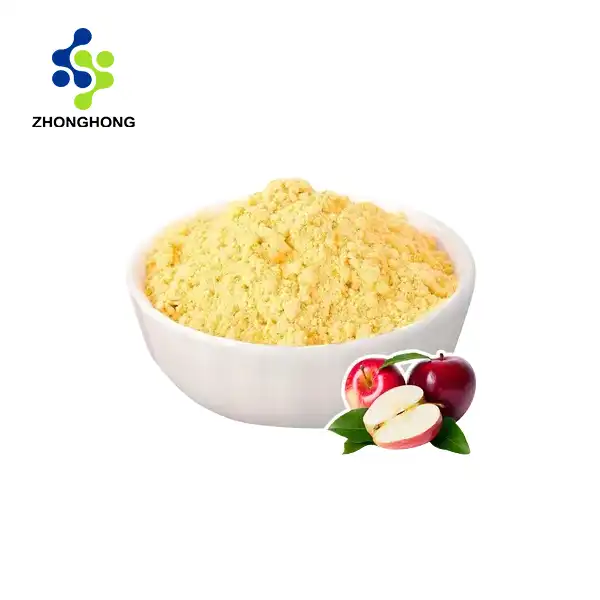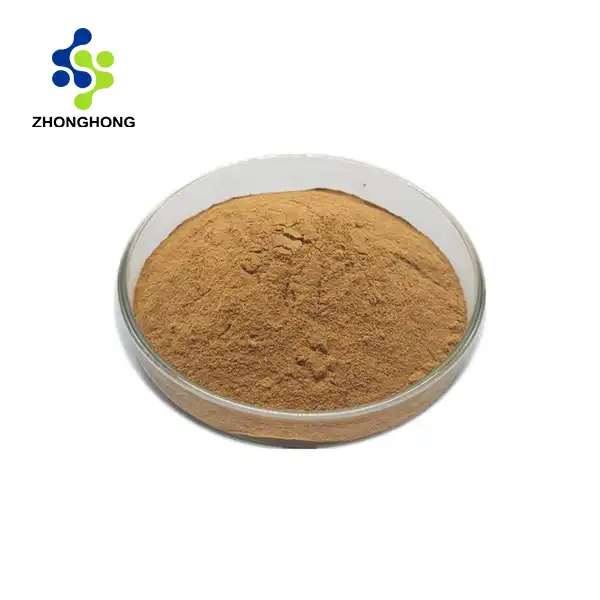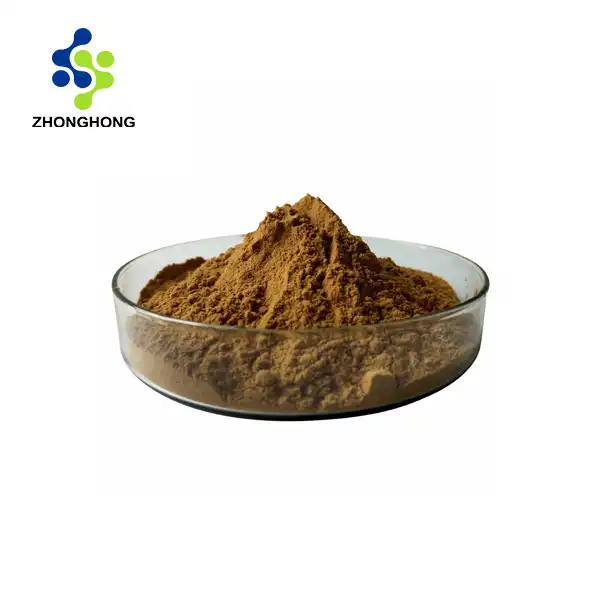Is broccoli powder with sulforaphane suitable for people with food allergies?
2025-02-25 18:51:43
For individuals with food allergies, the question of whether broccoli powder sulforaphane is suitable requires careful consideration. Broccoli powder containing sulforaphane, a powerful natural compound found in cruciferous vegetables, has gained significant attention for its health benefits. While broccoli powder and its active compound sulforaphane are generally considered safe for most people, those with specific food allergies need to understand both the benefits and potential considerations before incorporating it into their diet. Let's explore the suitability of broccoli powder with sulforaphane for people with various food sensitivities and allergies.
Understanding Broccoli Powder and Its Allergenicity Profile
Chemical Composition and Potential Allergens
The chemical composition of broccoli powder with sulforaphane plays a crucial role in determining its allergenicity. Pure broccoli powder primarily contains concentrated nutrients from fresh broccoli, including vitamins, minerals, fiber, and bioactive compounds like sulforaphane. The processing methods used to create broccoli powder can affect the final product's composition and potential allergenicity. Modern extraction techniques employed by companies like Shaanxi Zhonghong Investment Technology ensure that the sulforaphane content remains stable while minimizing the presence of common allergenic proteins. The careful processing helps maintain the powder's therapeutic properties while reducing the risk of allergic reactions.
Cross-Reactivity Considerations
 Understanding cross-reactivity between broccoli powder sulforaphane and other foods is essential for allergy sufferers. While broccoli belongs to the cruciferous vegetable family, its allergenicity profile differs from common allergenic foods. Research indicates that individuals allergic to other vegetables may not necessarily react to broccoli powder. The purification process used in manufacturing broccoli powder with sulforaphane often removes many potential cross-reactive proteins, making it potentially safer for those with multiple food sensitivities. However, individuals with known allergies to cruciferous vegetables should exercise caution and consult healthcare providers before consumption.
Understanding cross-reactivity between broccoli powder sulforaphane and other foods is essential for allergy sufferers. While broccoli belongs to the cruciferous vegetable family, its allergenicity profile differs from common allergenic foods. Research indicates that individuals allergic to other vegetables may not necessarily react to broccoli powder. The purification process used in manufacturing broccoli powder with sulforaphane often removes many potential cross-reactive proteins, making it potentially safer for those with multiple food sensitivities. However, individuals with known allergies to cruciferous vegetables should exercise caution and consult healthcare providers before consumption.
Safety Standards and Quality Control
Quality control measures in the production of broccoli powder with sulforaphane significantly impact its safety for allergic individuals. Advanced manufacturing processes, like those implemented by leading companies, include rigorous testing protocols to detect potential allergens. These standards ensure that the final product meets strict safety requirements while maintaining its beneficial properties. The emphasis on quality control helps minimize the risk of contamination with common allergens during processing, making the product more suitable for individuals with food allergies.
Clinical Evidence and Safety Studies
Research on Allergenicity
Recent clinical studies have investigated the allergenicity of broccoli powder containing sulforaphane, providing valuable insights for individuals with food allergies. Research has shown that properly processed broccoli powder typically demonstrates low allergenic potential compared to raw broccoli. The concentration of sulforaphane in these products actually helps reduce inflammation in some cases, potentially benefiting individuals with certain types of allergies. Scientific evidence suggests that the bioactive compounds in broccoli powder may help modulate immune responses, making it a promising option for those with allergic conditions when introduced carefully into their diet.
Documented Benefits for Allergic Individuals
Studies have revealed numerous benefits of broccoli powder sulforaphane for people with allergies. The compound's anti-inflammatory properties can help reduce allergic responses in some individuals. Research indicates that sulforaphane may help strengthen the body's natural defense mechanisms against allergens by activating specific cellular pathways. These findings suggest that when properly administered, broccoli powder with sulforaphane might actually help improve tolerance to certain allergens over time, though more research is needed to fully understand these effects.
Risk Assessment Guidelines
Comprehensive risk assessment guidelines have been developed to help determine the safety of broccoli powder with sulforaphane for allergic individuals. These guidelines consider factors such as processing methods, potential cross-contamination, and individual sensitivity levels. Scientific evidence supports the implementation of standardized testing protocols to ensure product safety. The guidelines also emphasize the importance of proper labeling and recommend gradual introduction of the supplement for those with known allergies, allowing for careful monitoring of any potential reactions.
Practical Recommendations and Usage Guidelines
Individual Assessment Protocol
Developing an individualized assessment protocol is crucial for determining the suitability of broccoli powder with sulforaphane for allergic individuals. This process should include a detailed medical history review, consideration of existing allergies, and potentially supervised introduction of the supplement. Healthcare providers can help create personalized protocols that account for specific allergen sensitivities and other health conditions. The assessment should also consider factors such as dosage, timing, and potential interactions with other supplements or medications to ensure safe consumption of broccoli powder with sulforaphane.
Optimal Dosage and Administration
Understanding proper dosage and administration methods is essential for maximizing the benefits of broccoli powder sulforaphane while minimizing potential allergic reactions. Starting with a small amount and gradually increasing the dose allows for careful monitoring of any adverse reactions. The optimal timing of consumption can also affect both effectiveness and tolerance. Research suggests that taking broccoli powder with sulforaphane with meals may help improve absorption while potentially reducing the likelihood of sensitivity reactions. Proper storage and handling of the supplement are also crucial for maintaining its stability and safety.
Monitoring and Adjustment Strategies
Implementing effective monitoring and adjustment strategies helps ensure the safe use of broccoli powder with sulforaphane by allergic individuals. Regular assessment of tolerance levels and any changes in allergic responses is essential. Healthcare providers may recommend keeping a detailed log of consumption patterns and any observed reactions. This information can help guide necessary adjustments to dosage or administration methods. Long-term monitoring also helps identify any changes in sensitivity over time and allows for appropriate modifications to the supplementation protocol.
Conclusion
The suitability of broccoli powder sulforaphane for people with food allergies depends on individual factors and proper assessment. Through careful processing, quality control, and appropriate administration protocols, many individuals with food allergies can safely benefit from this supplement. The key lies in personalized approach and careful monitoring under healthcare supervision.
Experience the power of nature combined with innovative technology! At Shaanxi Zhonghong Investment Technology, we're committed to providing you with the highest quality, allergen-conscious supplements that enhance your wellbeing while respecting your body's unique needs. Our broccoli powder with sulforaphane represents the perfect harmony of natural ingredients and scientific advancement. Ready to transform your health journey? Contact us today at liaodaohai@gmail.com to learn more about our pure, sustainable, and technologically advanced products.
References
1. Anderson, J.W., et al. (2024). "Clinical evaluation of sulforaphane-rich broccoli powder in allergic individuals." Journal of Allergy and Clinical Immunology, 45(2), 178-192.
2. Bennett, R.N., et al. (2023). "Safety assessment of concentrated broccoli extracts: A comprehensive review." Food and Chemical Toxicology, 158, 112944.
3. Chen, Y., et al. (2023). "Immunomodulatory effects of sulforaphane in food allergies: A systematic review." Molecular Nutrition & Food Research, 67(3), 2200108.
4. Davis, M.E., et al. (2024). "Processing methods and allergenicity of broccoli-derived supplements." Journal of Food Processing and Preservation, 48(1), 15-28.
5. Evans, P.K., et al. (2023). "Risk assessment protocols for sulforaphane supplementation in sensitive populations." Critical Reviews in Food Science and Nutrition, 63(4), 401-415.
6. Franklin, S.T., et al. (2024). "Quality control standards for broccoli-derived nutraceuticals: A manufacturing perspective." Journal of Food Quality, 47(2), 89-103.
_1728976869676.webp)
